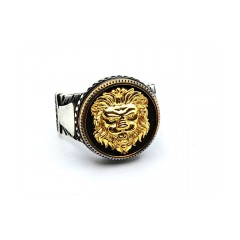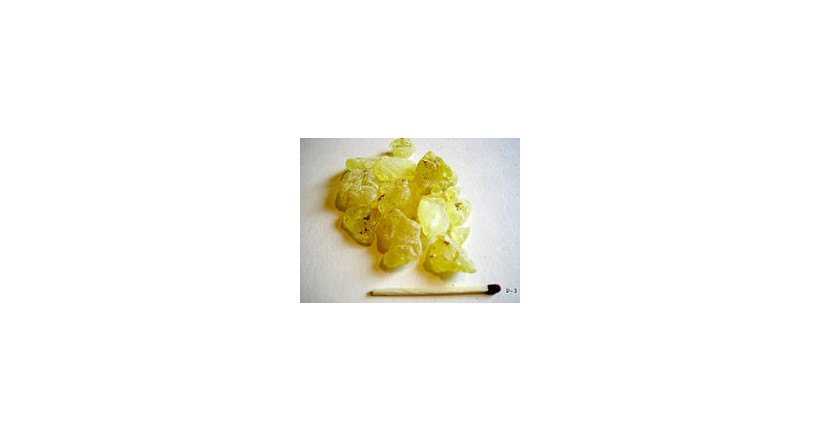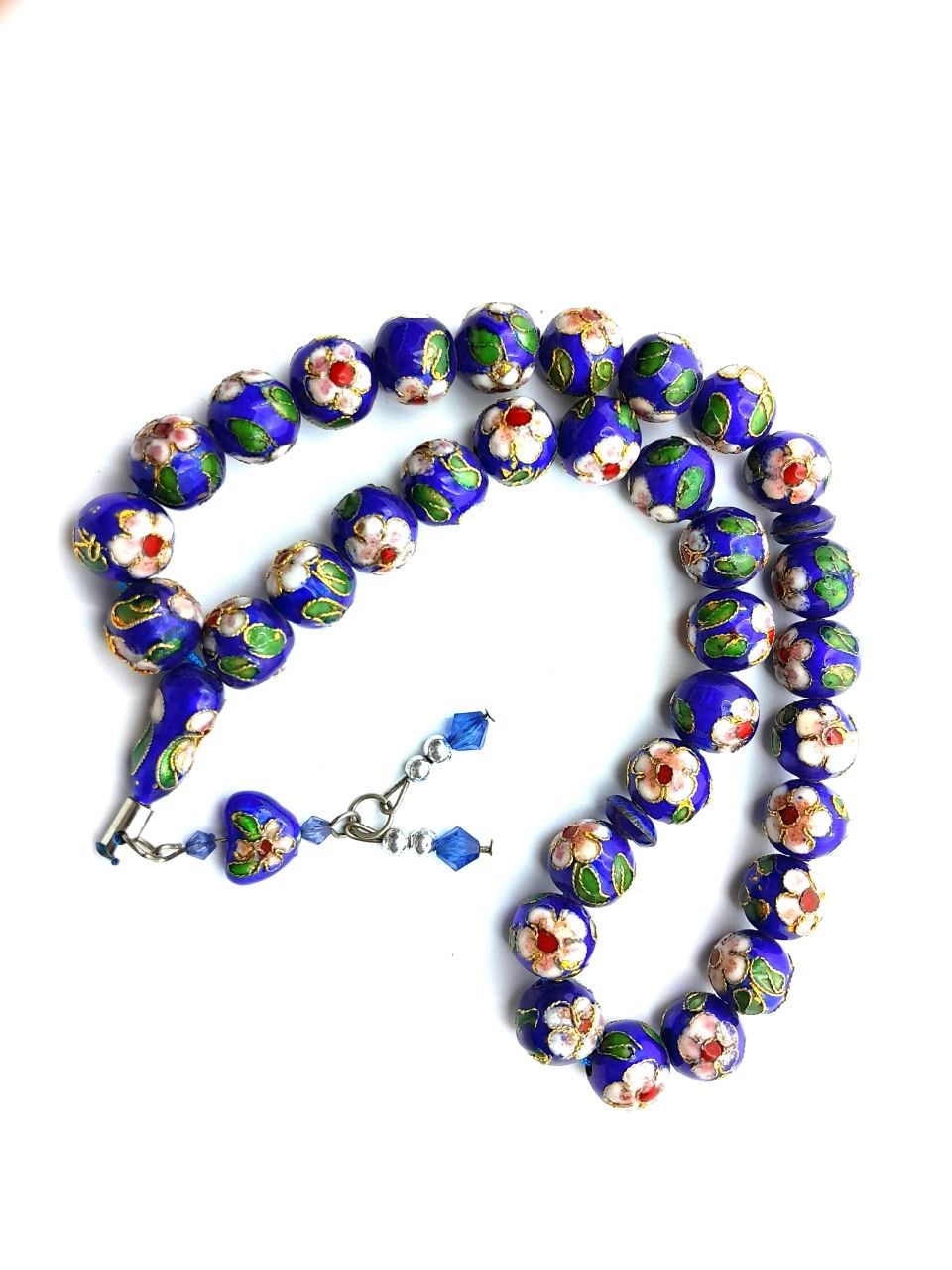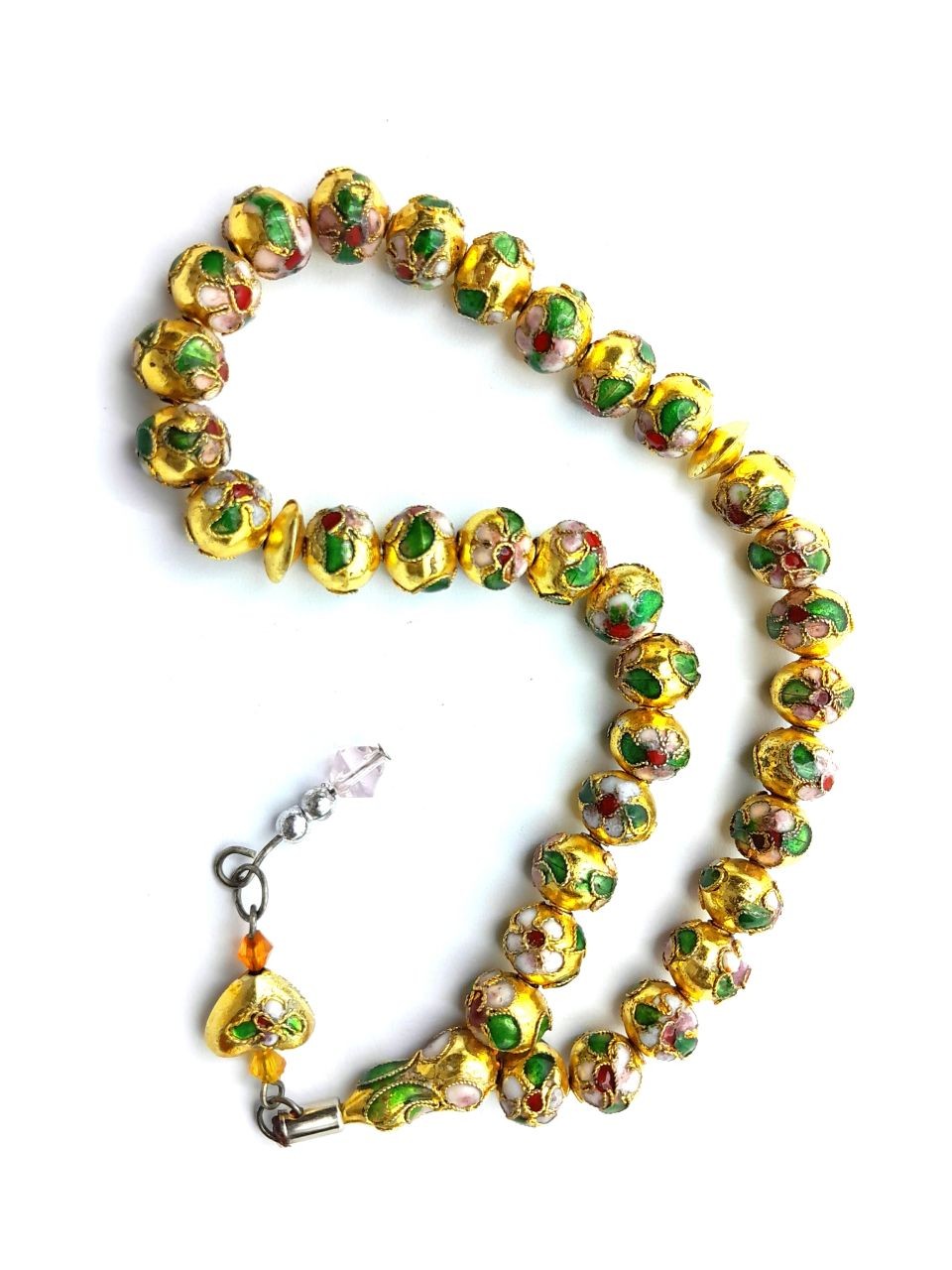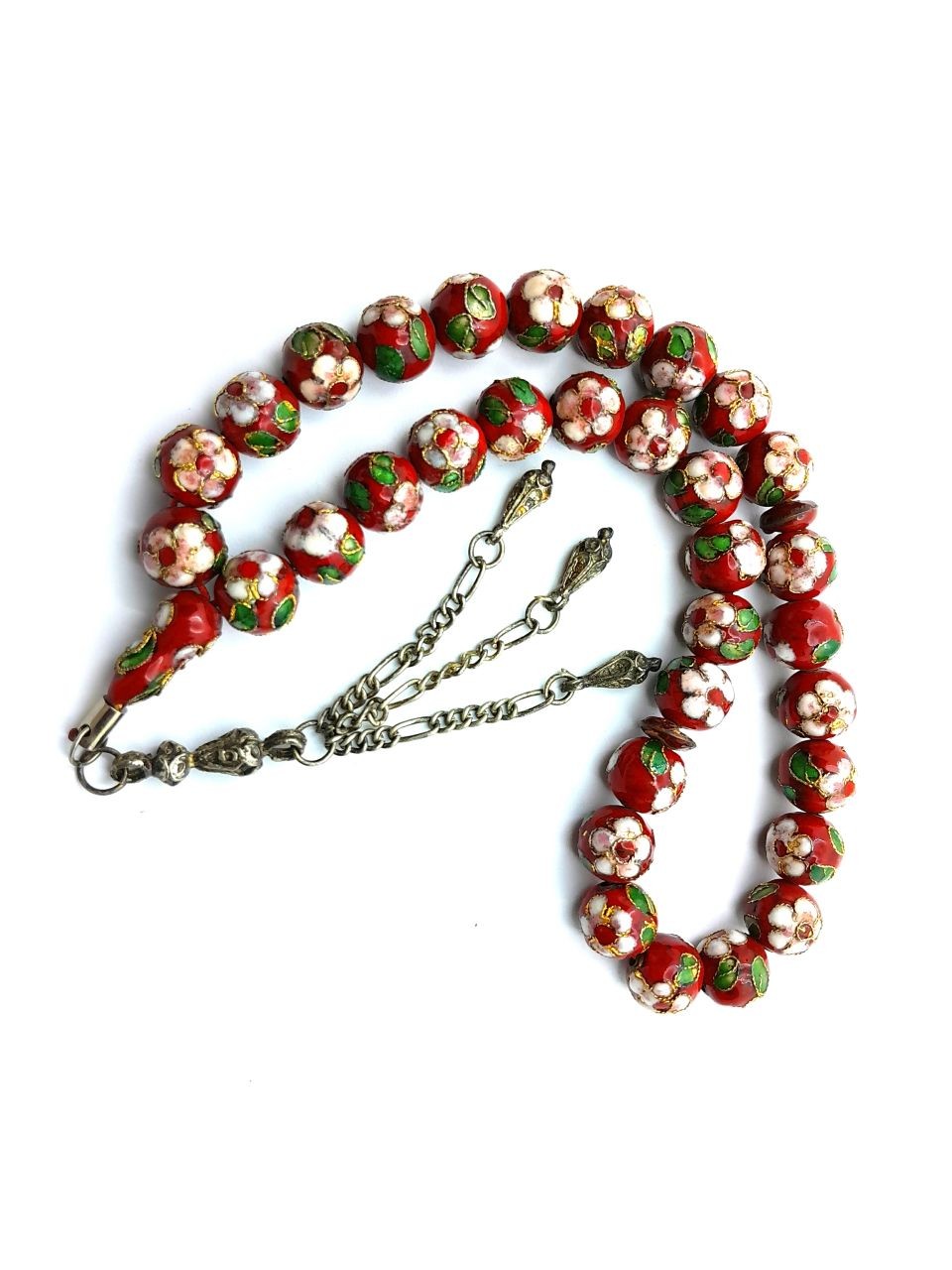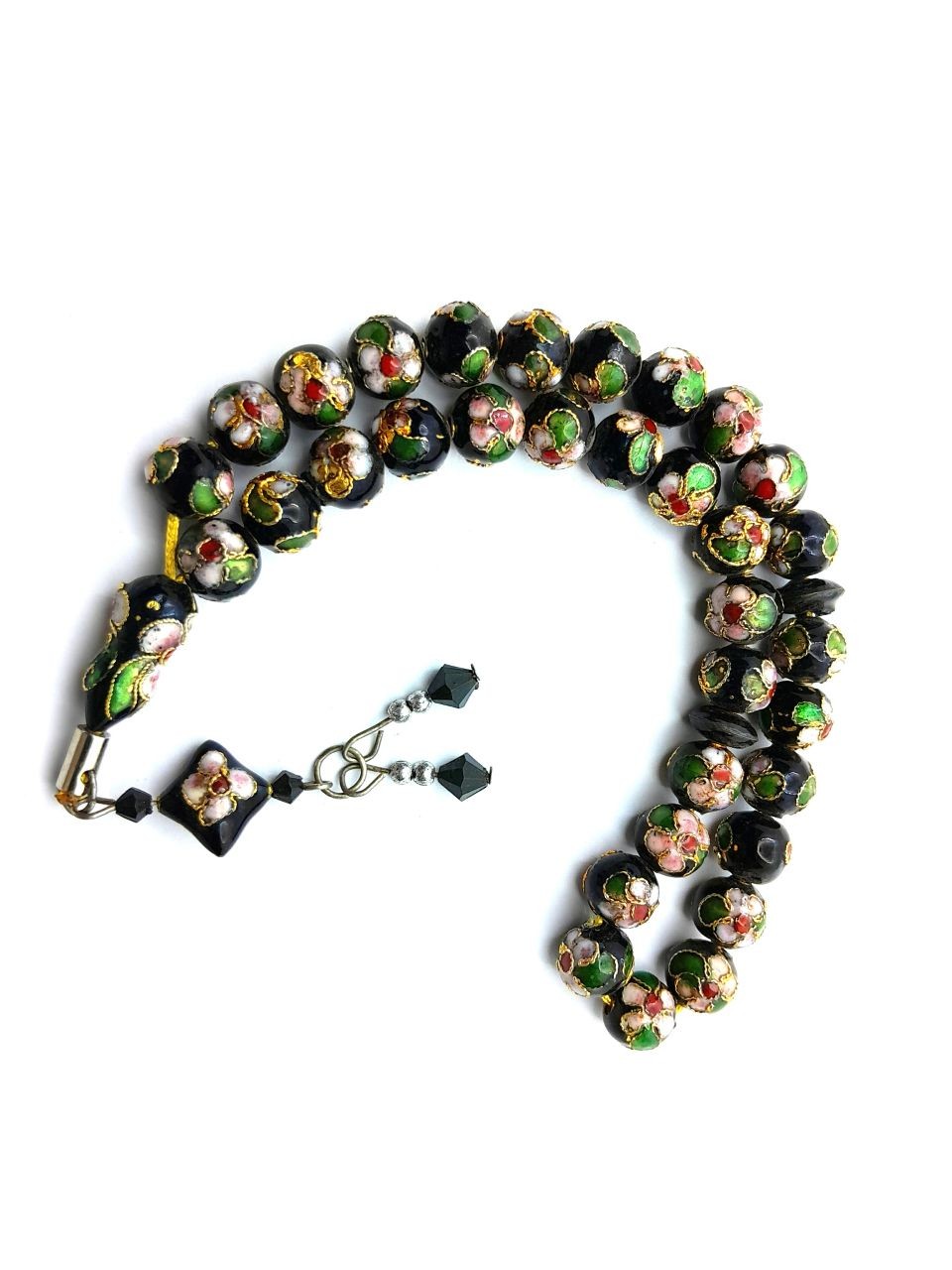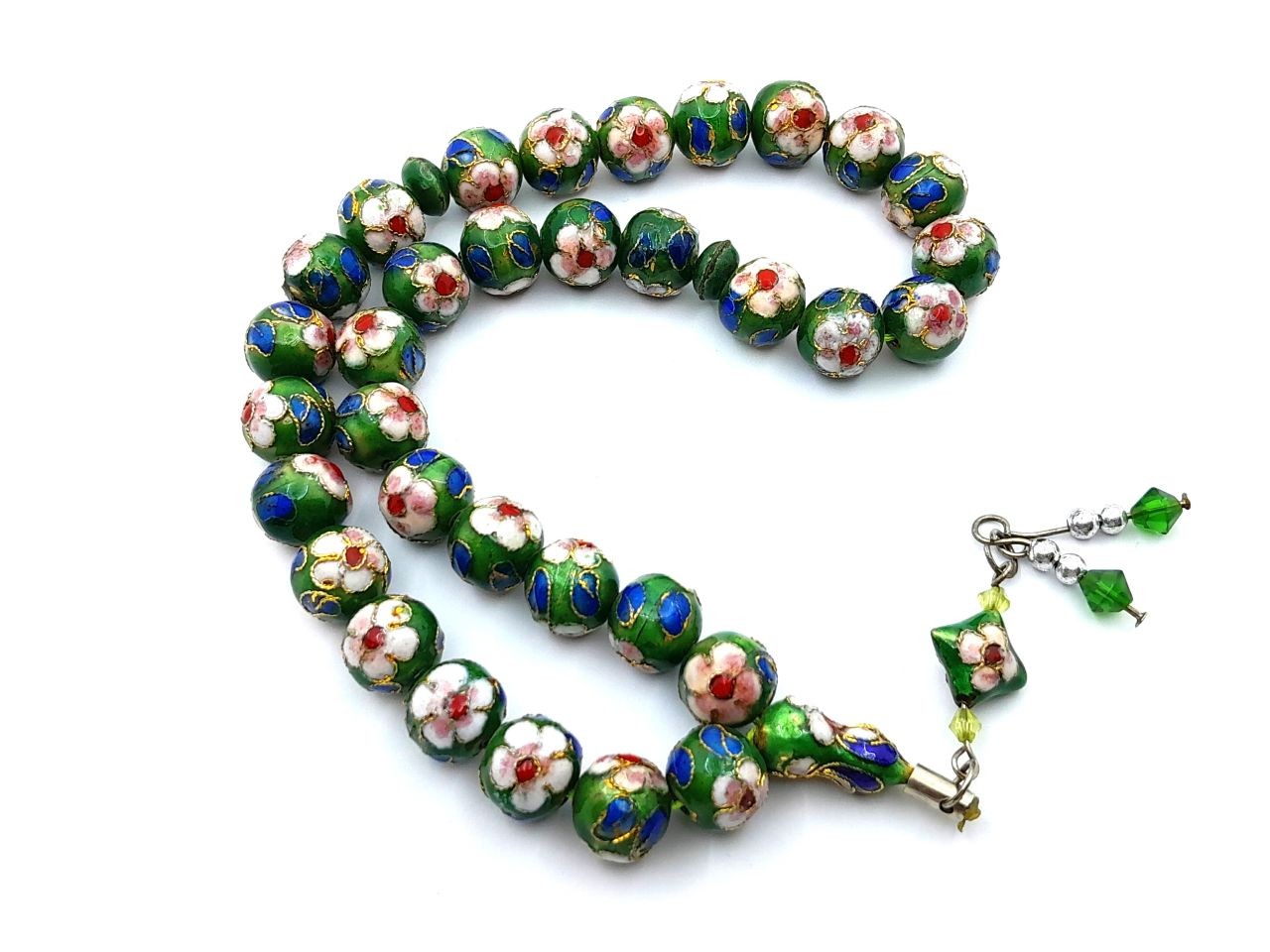Mastic: It is a shrub of the family of pistachios, which grows in the Mediterranean regions, with red and then black fruits.
Ibn Manzur said in Lisan al-Arab that mastic is Roman chewing gum, while Abu Muhammad Abdullah bin Muhammad al-Azdi al-Sahari said in the book of water that it was musketeer, while Daoud al-Antaki mentioned in his book al-Tadhkira that it is known in his book al-Tadhkira that it is known as the Greek gum and it is called Roman gum, and there is only in Sfax from the works of Rhodes Which follows the Turk.
An evergreen tree has red, bitter-tasting fruit. Mastic trees are small trees that grow in the Mediterranean basin.
This material is considered one of the resin materials that are extracted from tree trunks and its quality varies according to the type of the trunk and the place of its cultivation, which are resin cloves known from ancient times, although the resin emerges automatically, the secretion increases if slices of bark are removed or long cracks are made in the tree trunk and branches The large plant leaves its resinous juice, a liquid that freezes quickly, and remains attached to the tree in the form of brittle oval tears or long yellow grains, while the rest falls to the ground.
The mastic is extracted three times a year, that is, it gives three crops: The first crop is whitish in color and is the best and finest of all kinds. The second crop is bright yellow, and the last crop is gray.
For thousands of years, mastic has been considered one of the favorite vegetable products of Easterners and Westerners in the world ... It has a smart smell, and a distinctive taste, and because of these two features it is included in the preparation of food dishes for many.
It is a substance that can be used in food, drink and oud, and it has no side effect, but moderation is required in everything.
Cloves of mastic, mastic or mastiha are currently used as a spice with cardamom in food, chewing gum and ice cream (ice cream). It is also used with some drinks such as coffee and also used as a flavoring agent for some sweets such as rice with milk.
It has also been used since the dawn of history in incense, and it is used with perfume, such as a burning oud, and even perfumes, skin cleansers, cosmetics, toothpicks, and filling to stop decay and necrosis and calm the nerve. Mastic is considered one of the finest and most expensive resins.
The mastic cloves were used in folk medicine, and they were prescribed for the treatment of catarrh and headaches of all kinds, to cut off bleeding, treat poor digestion, treat the liver and spleen, and if it was cooked in oil and cooled in the ear, it opened the plug and removed the deafness and was used to strengthen the gums and teeth.
Ibn Sina said: “The mastic tree is an astringent, and the oil of its tree is useful for scabies. It dissolves sputum and soaks from stomach and liver tumors, and at the same time it strengthens the liver and intestines and benefits from their tumors.
The Turks, Greeks, and the Levant used mastic to give a pleasant smell to the mouth, as an anti-spasmodic for the intestinal spasms, to strengthen the gums, to preserve the whites of the teeth, to increase saliva, to strengthen the stomach, and to make compresses for rheumatic pain, gout pain, nerve pain, and used in chest contractions.
The mastic contains 2% volatile oil, 20% resins, mastic acid and bitter materials.
And scientific studies now remind us more and give us more about the reasons for our interest in it, and mention a lot of benefits to it, as all of them are medical and health fields in which the mastic has entered as a means of prevention and as a treatment tool.
It is involved in the treatment of stomach ulcers, oral and dental health, colon and its disorders, even cancer and its effects,
Cancer prevention
The most promising and new medicinal value of mastic is in preventing or relieving symptoms of colon cancer. What the researchers from Florida and Greece did is trying to find out whether the mastic can kill colon cancer cells or not? And by using an extract of mastic resin, and immersing colon cancer cells in strength gradient concentrations of mastic extract, it was found to them through an electron microscope examination of the cancer cells that the mastic materials killed the cancer cells according to the controls of the amount of concentration and the duration of exposure, meaning that the length of time the cancer cells were exposed to the mastic and increased the concentration of mastic They are what increases the odds of killing cancer cells. With more in-depth research, it was found that the mastic worked to disrupt the sequence of division of cancer cells and thus stopped the chain of reproduction and spread to them. It also worked to disrupt the adhesion of cancer cells to the tissue mass that connects the cells, which is in fact one of the protective factors that collect the mass of cancer cells, and then facilitate their death, and stimulate the process of decomposition of the cancer cells' contents from the materials and contents of the nucleus.
Prevention of oral and dental diseases
The mouth and teeth are another area welcomed to research the benefits of mastic. The health of gums and teeth is based in large part on the safety of the mouth from bacteria. Research has indicated that it reduces by 41.5% the growth of bacteria that cause tooth decay, but researchers from Turkey state that chewing mastic gum reduces the pH of the mouth, which is what bacteria need to decay in the teeth and gums. What was also confirmed by research from Greece.
Benefits for the stomach.
The other promising health value of mastic, which refers to the role of mastic materials in stimulating the growth of the normal cells of the stomach lining and in getting rid of H. pylori, not only from the stomach, but also from the mouth, which is the reason for recurring infection among some. Animal cholesterol. It is a spice that has wide uses in foods, chewing gums, ice cream, and even perfumes and skin hygiene products. This is according to what was reported in the Saudi newspaper, Al-Sharq Al-Awsat



